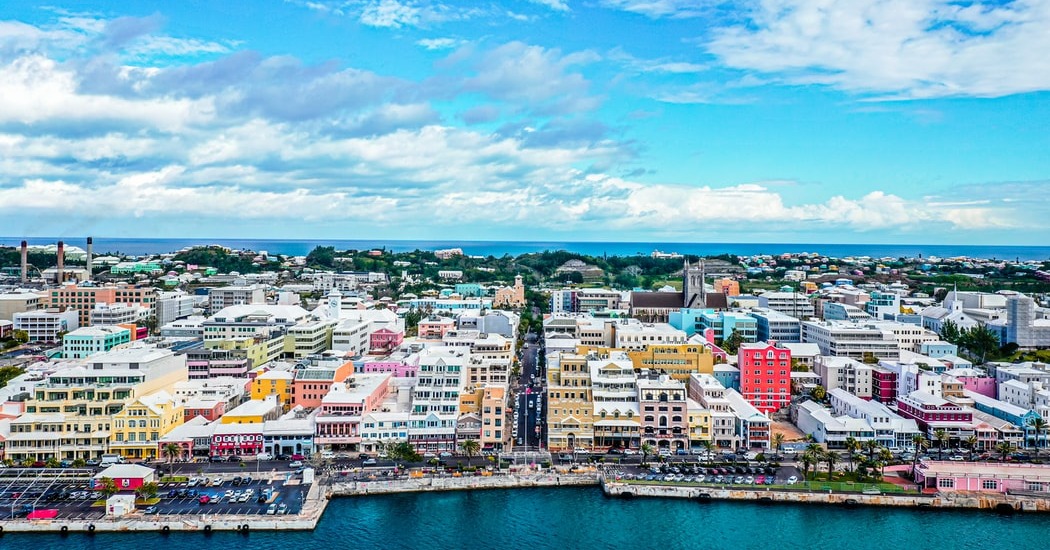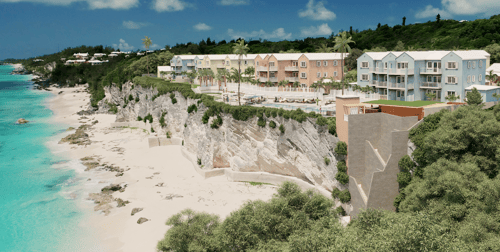Fractional ownership is a more affordable way to “own” high-value assets. From yachts and aircraft to sports cars and even property, it’s used as a risk containment strategy for expensive purchases.
But is it an effective ownership model for real estate? We’ve answered any questions you might have about fractional ownership so you can make the best decision for your next property purchase.
- How Does Fractional Ownership Work?
- How Is Fractional Ownership Different From a Timeshare?
- Is It Possible to Rent Out My Fractionally-Owned Property?
- Can I Sell a Fractional Ownership?
- Is There Another Way to Own a Vacation Property?
How Does Fractional Ownership Work?
Fractional ownership is “owning” a fraction of a property, say an 1/8th, divided not by space, but by time. In other words, in the case of an 1/8th, you own 6.5 weeks each year. How long you own it for depends on the tenure. In some cases this can be in perpetuity - in others for 50 years, and so on.
You essentially have a group of partial owners that share accountability, maintenance, cost of repairs and anything else that would otherwise be left to one single owner to handle. Although that sounds like a major advantage, there are also drawbacks to fractional ownership. We’ve detailed the pros and cons of fractional ownership in this blog.
Properties available under the fractional ownership model typically exist in resorts with upscale amenities, just like timeshares do. But there’s one fundamental difference that sets fractional ownership apart from timeshare.
How Is Fractional Ownership Different From a Timeshare?
Fractional ownership is similar to the traditional timeshare model that became popular during the early '60s. However, it has many advantages that timeshares lack.
- In a timeshare, the buyer purchases a “right to use” a property for a set amount of time each year (e.g. seven days) for a certain period (e.g. 50 years). After that time is up, their right to use expires and the developer continues to own the property.
- Fractional ownership in real estate can also be bought on a “right to use” basis as with timeshare. But in some programs, you can also buy a minority shareholding (sometimes called a deeded shared interest or equity) in a company that owns the title to the property.
The simplest way to tell the difference? Fractional ownership, in the above instance, is buying equity, whereas timeshare is buying usage rights.
Is It Possible to Rent Out My Fractionally-Owned Property?
Unlike timeshares giving you a certain slot each year, you buy a fraction of any given year with fractional ownership. For example, from a twelfth (of a year) fraction up to a sixth. This allows fractional owners to occupy - or even rent out - their condos each year for between 28 nights (for a twelfth fraction) and 56 nights (for a sixth fraction).
However many days of usage each year you opt for, your unused days are available for rental. It’s important to note you’re generally limited to weekly rentals only to keep changeovers to a minimum (e.g a Friday changeover would mean Friday-Friday).
Can I Sell a Fractional Ownership?
In traditional fractional ownership, selling isn’t as straightforward as whole ownership. Selling in some markets proposes some challenges. It may be difficult to find a real estate agent who will sell fractional ownership which can delay your progress to the next rung of the property ladder.
Sales are typically carried out by the resort or the individual owner and can even be sold back to them with varying degrees of success. As with any property, if house prices fall, you may fall into negative equity and lose money if you try to move.
The marketing budget used to attract you by the developer will no longer be available when you come to sell, so the number of people you reach will be less. Also, the number of people looking for this type of ownership is generally less than those looking for a straightforward property sale. All said and done, it can take a long time to sell up and move on if your circumstances change.
Is There Another Way to Own a Vacation Property?
Whole ownership is a pricing model you’re probably most familiar with. You buy the deeded title of a property, not shares in a company or a fraction. Unlike fractional ownership, you’re more likely to buy a condo in a vacation area you go back to regularly, instead of just settling for a popular vacation destination.
If you buy in a condominium, apartment building, or in a resort environment, you can typically find a management company and a rentals service. If renting out your vacation home while you’re away is a major selling point for you, the hotel condominium model might be of interest to you.
Before taking the plunge on buying any real estate, you should consider all the options available. Whole ownership and the condo hotel model might be perfect for your next vacation home. If you want to learn more, we’ve created a resource to answer all your queries.
Everything Prospective Homeowners Need to Know About Hotel Condominium Whole Ownership
Whole ownership in a hotel condominium model is a fantastic way to own property in a vacation destination. With the added perks of amenities and beach access, there are so many benefits to take advantage of. That’s why we’ve created a visual guide for everything you need to know about owning a condo this way and how it weighs up against fractional ownership.
It makes everything about hotel condominium ownership simple for prospective second-homeowners. From a resort's relationship with prestigious hospitality giant Hilton to how they can potentially make great rental properties, click below to get access and learn more.






